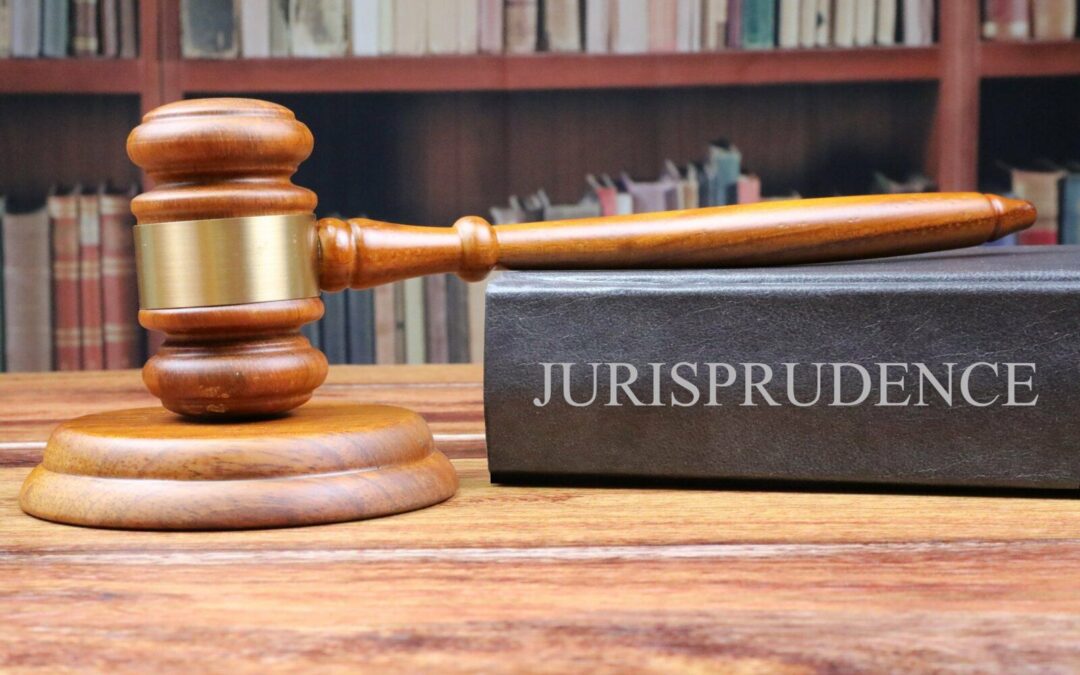New case-law on the interaction between losses carried forward and abuse of law In two recent judgments, the Administrative Court reminded tax practitioners in Luxembourg of the position taken in prior case law that the use of losses carried forward, provided for in article 114 of the income tax law (ITL), may be refused if the criteria for abuse of law are met (25 April 2024, case numbers 48917C and 49336C).
In both cases, the Court reiterated that using a company’s legal and tax personality for, seemingly, circumventing the fact that losses are “personal” to the entity that incurred them, may be indicative of an abuse of law.
The specific example provided by the Court was that of acquiring a dormant entity with significant losses, and thereafter using it to deploy a profitable economic activity different from the one it performed prior to the company becoming dormant.
In the first of the two cases, the taxpayer had incurred significant losses prior to ceasing its holding activity, became dormant for several years, and thereafter deducted said losses from the material gain derived from the acquisition and subsequent sale of land.
The tax authorities argued that this use of losses carried forward was contrary to the rationale of the carry-forward mechanism (voie inédequate) because the company had apparently been maintained in a dormant state for the sole purpose of using said losses in the event of a future profit. The Court disagreed and pointed out that taxpayers are at liberty to cease an unprofitable activity and redirect their efforts towards a different and profitable one.
The use of losses carried forward following such change in activity cannot, per se, be considered improper. Finally, the Court held that, absent any indicators that the parties to the land-sale transaction were related and had conspired to use the losses of the taxpayer to offset the considerable gain, the tax authorities could not prove that the there was an abuse of law.
The second of the two cases was particular in that the Court had already, in 2016, held that the taxpayer’s use of the losses carried forward was abusive because it had been acquired for the sole purpose of offsetting its losses with profits from other intra-group transactions.
The taxpayer argued that the “abusive situation” had ceased in the meantime and therefore the losses became deductible again. The Court disagreed and took the position that the abusive circumstances in which the carry-forward losses were incurred could not be remedied and made them impossible to carry forward.




